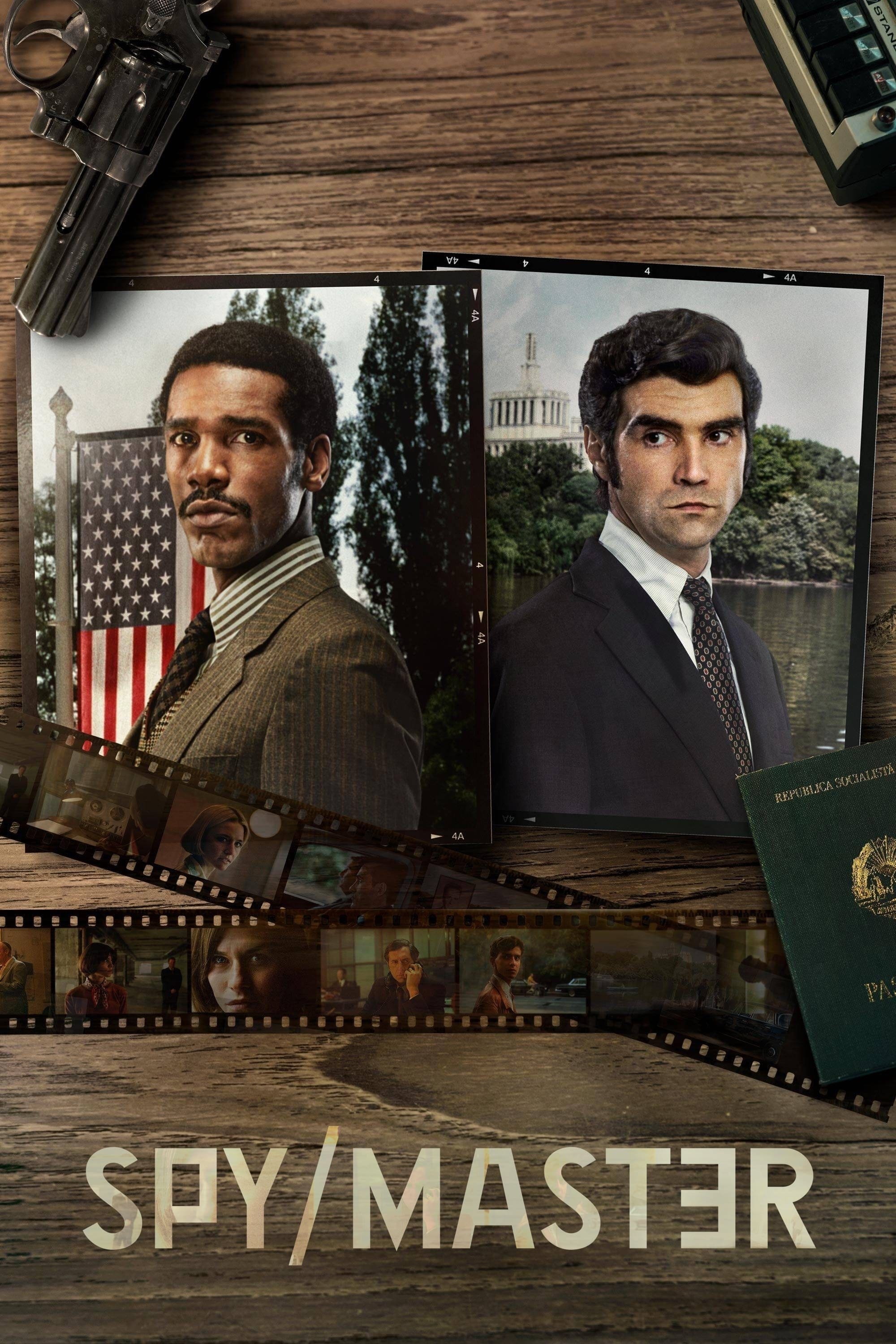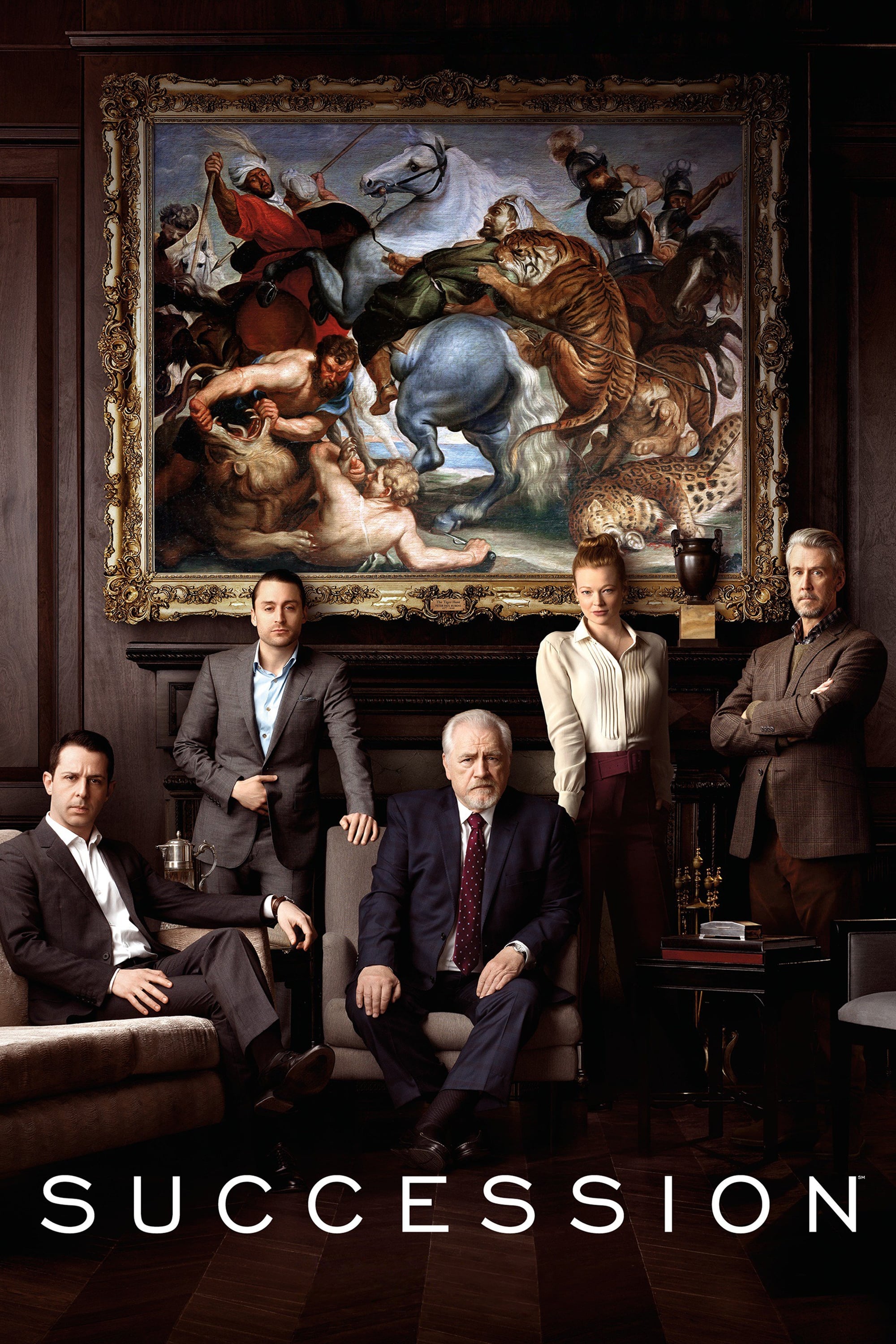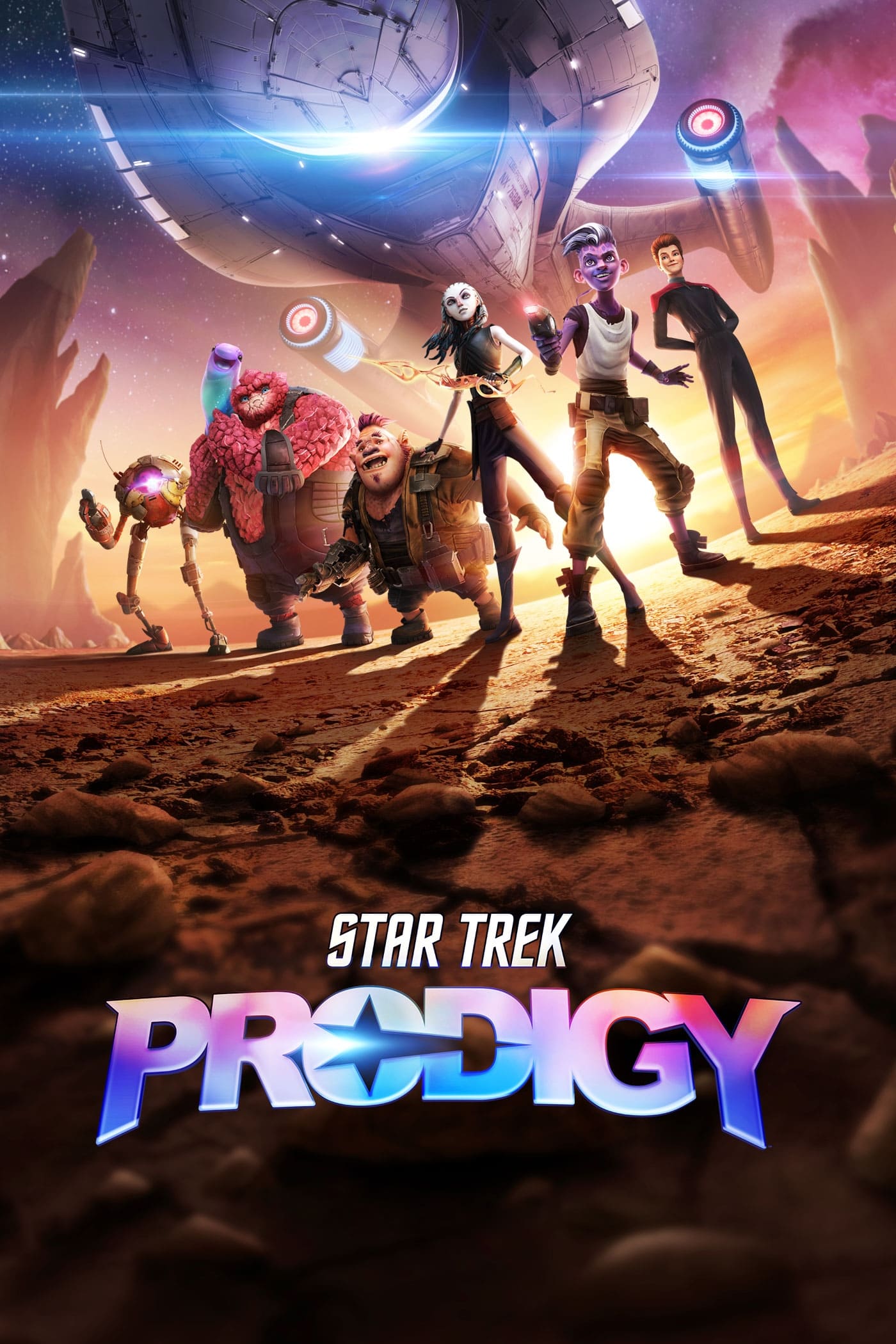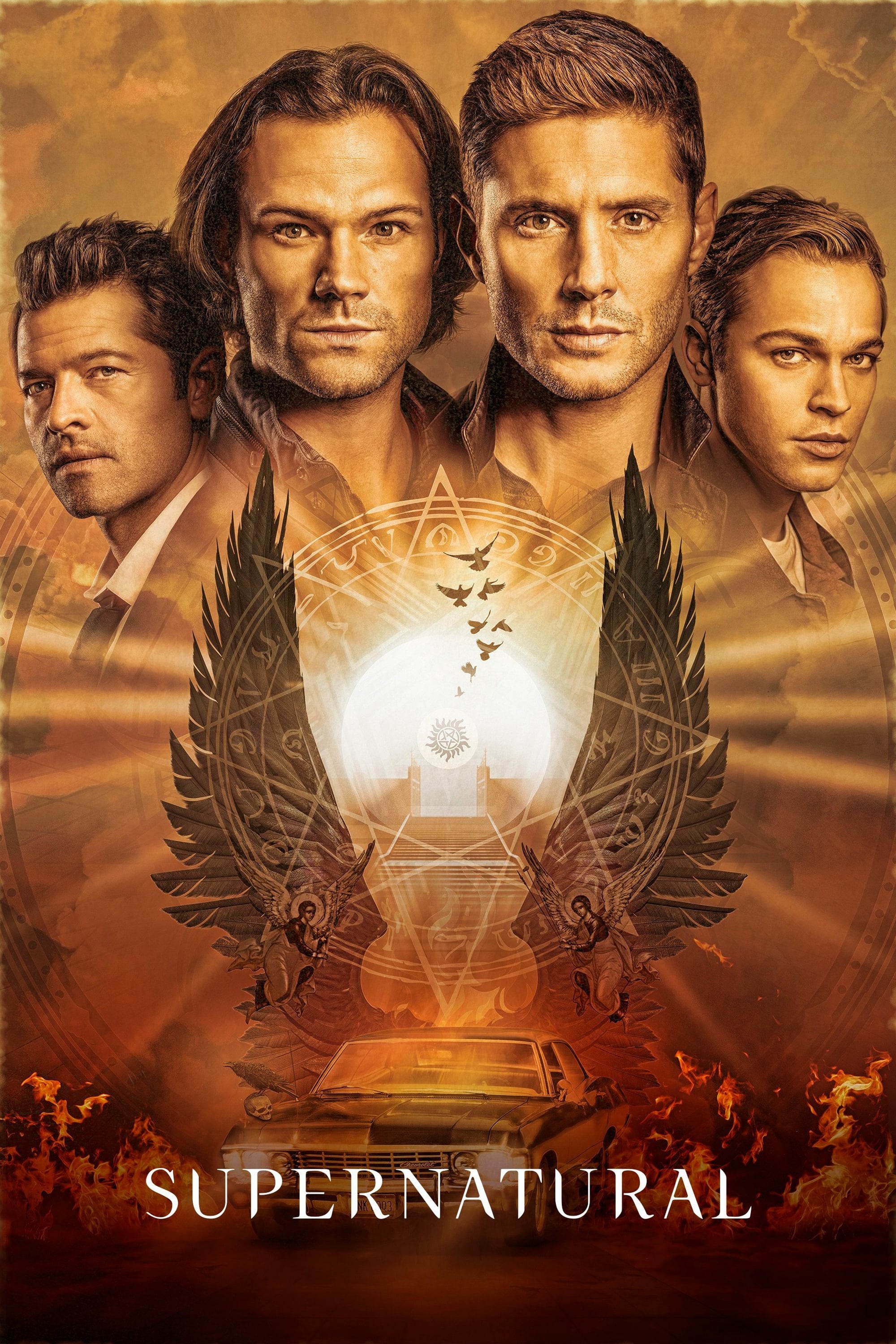![Georg Michael Grau - E. Franck: Piano Concertos Nos. 1 & 2 (2022) [Official Digital Download 24bit/96kHz] Download](https://i0.wp.com/imghd.xyz/images/2022/02/01/kxy3c595hhqyb_600.jpg?resize=500%2C500&ssl=1)
Georg Michael Grau – E. Franck: Piano Concertos Nos. 1 & 2 (2022)
FLAC (tracks) 24 bit/96 kHz | Time – 01:14:52 minutes | 1,26 GB | Genre: Classical
Studio Masters, Official Digital Download | Digital Booklet, Front Cover | © CPO
The composer and pianist Eduard Franck was from an art-loving Breslau banker’s family and revealed his musical gifts at an early age. Later Felix Mendelssohn Bartholdy became his teacher and even performed together with him. His friendly acquaintance with Mendelssohn and kindred musical spirits like Robert Schumann and William Sterndale Bennett showed Eduard Franck the way. However, he increasingly emerged from the shadow of his models, and today he is honored less as a follower and more as a mediator between the generations who in his time anticipated many a new development by great masters such as Brahms and Bruckner. Franck’s Piano Concerto in D minor op. 13, his first broadly dimensioned orchestral work, generates its appeal above with its imposing and stormy main themes and brilliantly virtuosic broken chords in the piano part. The second concerto recorded here was previously available only in a manuscript of the score and a piano reduction from 1879. The virtuosic interplay between the orchestra and the piano, as heard on the present recording premiere, in particular makes us sit up and take notice.
(more…)
![George Vass, Rebecca Afonwy-Jones, Nova Music Opera Ensemble - Joseph Phibbs: Juliana (2022) [Official Digital Download 24bit/96kHz] Download](https://i0.wp.com/imghd.xyz/images/2022/02/18/bvy9g16k18u2a_600.jpg?resize=500%2C500&ssl=1)
George Vass, Rebecca Afonwy-Jones, Nova Music Opera Ensemble – Joseph Phibbs: Juliana (2022)
FLAC (tracks) 24 bit/96 kHz | Time – 01:18:41 minutes | 1,35 GB | Genre: Classical
Studio Masters, Official Digital Download | Digital Booklet, Front Cover | © Resonus Classics
Based on August Strindberg’s celebrated 1888 play Miss Julie, chamber opera Juliana (2018) unites composer Joseph Phibbs and librettist Laurie Slade in a modern tale about the power of money, immigration politics, drugs and the blurring of sexual boundaries. In confronting these issues head-on, the power of aristocracy is replaced by that of plutocracy.
(more…)
![Geoffrey Fiorese - Terpsichore (2022) [Official Digital Download 24bit/88,2kHz] Download](https://i0.wp.com/imghd.xyz/images/2022/02/18/c4300if1o4mvc_600.jpg?resize=500%2C500&ssl=1)
Geoffrey Fiorese – Terpsichore (2022)
FLAC (tracks) 24 bit/88,2 kHz | Time – 55:42 minutes | 952 MB | Genre: Jazz
Studio Masters, Official Digital Download | Digital Booklet, Front Cover | © Outnote Records
Leading pianist and composer Geoffrey Fiorese has decided to build his Quartet project around the myth of “Terpsichore”, the muse of dance. This close relationship between music and dance invites us to receive a sound, a melody, not by simple listening, but through the prism of a global perception, where the whole body serves as a receptacle for sound harmony. A large amount of improvisation is left to the musicians who are thus able to react in the moment to an impulse, a feeling, like an imaginary dance that one would build continuously from impressions left by the senses. This project is about living the music, feeling it to the depths of your being, taking the spectator through a unique experience. Between long meditative musical poems and surging improvisations bordering free jazz, this project transcends the frontiers of jazz and thus gradually brings the listener to unknown territories where listening results in self-forgetfulness.
(more…)

Gary Peacock – Voices (1971) [Japanese Reissue 2007]
PS3 Rip | SACD ISO | DSD64 2.0 > 1-bit/2.8224 MHz | 53:03 minutes | Scans NOT included | 2,13 GB
or FLAC(converted with foobar2000 to tracks) 24bit/88,2 kHz | Scans NOT included | 1,00 GB
After touring with Albert Ayler, Peacock took time off from music & moved to Japan in 1969, where he studied eastern philosophy & medicine. This album featuring a quartet composed of Peacock & 3 Japanese players. The music is at times very minimalist, with Gary Peacock’s bass dominating the pieces most of the time.
Read more
Gary Karr – Adagio D’Albinoni (1982) [Japan 2014]
SACD Rip | SACD ISO | DSD64 2.0 > 1-bit/2.8224 MHz | 36:14 minutes | Scans included | 1,63 GB
or FLAC(converted with foobar2000 to tracks) 24bit/88,2 kHz | Full Scans included | 832 MB
Gary Karr, acclaimed as “the world’s leading solo bassist”, is, in fact, the first solo doublebassist in history to make that pursuit a full-time career. It is a career that adds new lustre to his already lustrous 1611 Amati doublebass which was given to him by the widow of Serge Koussevitzky. Since his debut with Leonard Bernstein and the New York Philharmonic in 1962, Karr has performed as soloist on six continents with orchestras, including the Chicago Symphony, London Philharmonic Orchestra, Hong Kong Philharmonic, Montreal Symphony, Simon Bolivar Orchestra (Caracas, Venezuela), Jerusalem Symphony, Oslo Philharmonic, Zurich Chamber Orchestra, and with all the major orchestras of Australia. Gary Karr performs on this release with Harmon Lewis on pipe organ for a group of classical pieces by Beethoven, Bach, and more.
Read more
Gary Burton, Chick Corea – Crystal Silence (1973) [Japan 2017]
SACD Rip | SACD ISO | DSD64 2.0 > 1-bit/2.8224 MHz | 44:08 minutes | Scans included | 1,82 GB
or FLAC (converted with foobar2000 to tracks) 24bit/88,2 kHz | Full Scans included | 872 MB
Released in 1973, Crystal Silence heralded the beginning of a long and productive association between Gary Burton and Chick Corea, even leading to a Crystal Silence sequel in 2008. The popularity of their collaboration far exceeded expectations for interest in a band consisting solely of piano and vibraphone; in fact Crystal Silence has gone on to become one of the most successful titles in the ECM catalogue.
Read more
Gary Allan – See If I Care (2003)
PS3 Rip | SACD ISO | DST64 2.0 & 5.1 > 1-bit/2.8224 MHz | 41:46 minutes | Scans included | 2,61 GB
or FLAC 2.0 Stereo (converted with foobar2000 to tracks) 24bit/88,2 kHz | 41:09 mins | Scans | 865 MB
While Nashville hitmakers Toby Keith and Kenny Chesney rose from clunky B-level stars to bankable stadium fillers, Gary Allan quietly tapped his foot waiting for the rest of the world to get hip to his cool. On his fifth album, the California surfer/singer–finally nominated for the CMA Horizon award in 2003–gets back to the smoldering alt-country-goes-mainstream groove that made 1999’s Smoke Rings in the Dark so brilliant, but which he’d abandoned on 2002’s Alright Guy.
Read more
Gareth Williams Power Trio – Shock! (2009)
PS3 Rip | SACD ISO | DST64 2.0 & 5.1 > 1-bit/2.8224 MHz | 69:35 minutes | Scans included | 3,95 GB
or FLAC 2.0 Stereo (converted with foobar2000 to tracks) 24bit/88,2 kHz | Full Scans included | 1,25 GB
Features 2.0 Stereo and 5.1 multichannel surround sound | Linn Records # AKD 326
‘Shock!’ sees Wales’ top jazz pianist deliver a selection of funky originals. From melancholy ballads to biting funk, the Power Trio bring a powerful focus and lyrical power to all that they play.
Read more
John Gardiner & Philarmonia Orchestra – Grainger: The Warriors + Holst: The Planets (1995)
PS3 Rip | ISO | SACD DST64 2.0 & 5.0 > 1-bit/2.8224 MHz | 68:04 minutes | Scans included | 4,5 GB
or FLAC 2.0 Stereo (converted with foobar2000 to tracks) 24bit/88,2 kHz | Scans included | 1,23 GB
SACD Reissue 2001 | Label: Deutsche Grammophon | Catalog No.: 471 634-2
Hyperbole aside, Percy Grainger’s “The Warriors” is quite simply the most inventive, original, brilliant 20th Century orchestral composition you have never heard. Out of the few people who have heard it, half probably blow it off as kitschy fluff. The problem is that Grainger made the music so accessible (or rather so unpretentious), that few listeners realize just how rhythmically and harmonically complex “The Warriors” is. And nearly 100 years later, it’s hard to appreciate how Grainger’s use of percussion instruments was decades ahead of its time, anticipating what Stravinsky, Cage, Adams and others had yet to do.
In brief, “The Warriors” is a fantasy for orchestra in a circular ABABA form (much like the last movement of Ive’s 2nd Symphony), consisting of 15 different themes and motives, with an “orgy” or orchestral colors. At first listen, there is nothing ‘modern’ sounding about the music. It has a neo-romantic flavor that perfectly compliments “The Planets.” To fully appreciate “The Warriors,” you really have to listen carefully.
Grainger is often compared to Ives for his interest in independent off stage brass, independent polyphony and juxtaposing tonalities and rhymes. A notable feature of “The Warriors” is that it requires two to three conductors. This is because in the section following the return of Tempo I, the entire orchestra divides into three subgroups, each playing at a different tempo. The following section features extensive double-chording where “different instrumental groups simultaneously playing different chord passages that pass through, above and below each other and are harmonically independent of each other.” I had to pull that definition since I cannot better explain it. Remarkably, it’s quite easy to miss all of this where as with Ives you cannot. Finally in Ivesian fashion, after a gigantic fanfare, the piece ends in a sudden anticlimax.
What listeners will probably find more interesting than this music theory aspect of the work, is Grainger’s percussion section, which includes xylophone, wooden marimba, glockenspiel, steel marimba (today a vibraphone), staff bells, tubular bells, celesta, and three pianos. Grainger was really the first composer to turn the percussion section into an independent section of the orchestra, making it an equal with strings, brass and winds. The way in which Grainger uses the percussion section to introduce and develop melodic and harmonic ideas was way ahead of its time. While composers in Grainger’s time would follow his lead (Stravinsky, for instance), it’s only recently that composers have begun routinely writing orchestral music that include percussion sections and music for the instruments in the manner of “The Warriors.” Just think of all the extra instruments you see on stage for contemporary compositions compared to almost anything written before 1960. And this percussion section, that resembles a gamelan orchestra, produces sounds that will remind some listeners of John Adams (and others).
Also noteworthy is the treatment of the pianos. They are neither an obbligato part nor ‘filler.’ Instead they are treated like any other instrument in the orchestra.
Oh, there’s more. In the section following the return of Tempo I, listen for the piano being played by marimba mallets striking the strings. Something, you might say, only John Cage would think of (who was born a year before Grainger began composing “The Warriors”).
On top of all of this dribble about harmonics and percussion, “The Warriors” is an exciting, lively piece of music; something we should be regularly hearing as a curtain raiser for gala concerts. And since there is so much going on in the music it, it remains fresh and exciting after dozens of listens. I never just listen to it once, but multiple times.
I believe that “The Warriors” has only been recorded a half dozen times, and I know of only three recordings in print: Hickox (Chandos), Rattle (EMI) and this one. Hickox’s recording benefits from a new critical edition of the score — Grainger was always vague about how many percussion instruments and the types of mallets — but his tempos are often too fast, failing to conjure up the grandeur Rattle and Gardiner manage to. Rattle and Gardiner are near identical in interpretation and performance, though I find things in the transition from “Dance Orgy” to “Climax” get a but mushy under Rattle’s baton. The Philharmonia Orchestra, my favorite of London’s half-dozen or so orchestras, is beyond reproach.
The recorded sound is terrific. I’ve owned the CD version of this recording for many years, only recently upgrading to the SACD due to the disc becoming mysteriously scratched. When comparing the SACD to CD, it becomes clear how DG manipulated the CD to make it sound good on low end systems. The re-mix engineer has eliminated the fake reverb, which I actually thought worked to the music’s advantage (perhaps the surround mix is significantly more reverberant). More importantly, though, is that when compared to the CD, it becomes clear that the CD spotlighted the brass and percussion, giving them an upfront perspective. This has been undone, creating a much more natural sense of depth and position of the instruments. Finally, the SACD also illuminates some compression done to the CD so that listeners wouldn’t have to adjust the volume much. The unaltered SACD stereo layer reveals that DG did an excellent job recording the Philharmonia, perfectly capturing the huge dynamic range of the music.
As for “The Planets,” I’ve never been a fan of it, but I suppose it receives a first rate performance, but I don’t expect it to displace any personal favorites.
Enthusiastically Recommended.

Galina Gorchakova, Philharmonia Of Russia, Constantine Orbelian – Italian Opera Arias (2001)
PS3 Rip | SACD ISO | DST64 2.0 & 5.0 > 1-bit/2.8224 MHz | 60:57 minutes | PDF booklet | 3,22 GB
or FLAC 2.0 Stereo (converted with foobar2000 to tracks) 24bit/88,2 kHz | PDF booklet | 1,02 GB
Galina Gorchakova, endowed with what London’s Sunday Times called “one of the most important dramatic voices in the post-war era,” makes her debut on Delos with Italian Opera Arias, a collection of her signature roles that have earned her critical acclaim and an immense public following the world over. Gorchakova is accompanied by Constantine Orbelian and the Philharmonia of Russia, the Maestro’s own assemblage of Russia’s leading orchestral musicians resulting in la creme de la creme of Russian ensembles.
Read more
Academy Of St. Martin In The Fields, Gabriel Yared – The English Patient: Original Soundtrack Recording (1996) [Reissue 2003]
PS3 Rip | SACD ISO | DST64 5.1 > 1-bit/2.8224 MHz | 75:05 minutes | Scans included | 3,29 GB
or FLAC 5.1 (converted with foobar2000 to tracks) 24bit/88,2 kHz | Full Scans included | 3,98 GB
Original music composed by Gabriel Yared, and performed by Academy Of St. Martin In The Fields
Gabriel Yared composed most of the music for the soundtrack of one of 1996’s most acclaimed dramas, which was largely performed by the Academy of St. Martin in the Fields; John Constable (on solo piano) and Marta Sebestyen (vocals) are also featured. Yared’s score is mostly typical wide-screen epic stuff–nothing special. More interesting are Hungarian folk singer Sebestyen’s occasional contributions. A few period pop/jazz cuts by Benny Goodman, Ella Fitzgerald, and Fred Astaire are interspersed throughout, and are most likely more effective on screen than on disc, where they juxtapose uncomfortably with the orchestral instrumental pieces.
Read more
Gabriel Castagna, Württembergische Philharmonie Reutlingen – Astor Piazzolla: Orchestral Works (2000) [Reissue 2003]
PS3 Rip | ISO | SACD DST64 2.0 & 5.0 > 1-bit/2.8224 MHz | 56:34 minutes | Scans included | 3,07 GB
or FLAC 2.0 Stereo (converted with foobar2000 to tracks) 24bit/88,2 kHz | Scans included | 1,08 GB
Features 2.0 Stereo and 5.0 multichannel surround sound | Reissue 2003 | Label: Chandos # CHSA 5006
Astor Piazzolla become hugely popular thanks to his ‘tango nuevo’ band and his short tango pieces. This disc shows his other, more serious side in some of his symphonic music, still mostly inspired by tango rhythms and catchy tunes. It is a great joy to have this music so well recorded and performed, and if you like Piazzolla’s music, you should definitely check this one out.
Read more
Gotan Project – La Revancha Del Tango (2001) [Reissue 2004]
PS3 Rip | SACD ISO | DST64 2.0 & 5.1 > 1-bit/2.8224 MHz | 58:52 minutes | Scans included | 3,64 GB
or FLAC(converted with foobar2000 to tracks) 24bit/88,2 kHz | Full Scans included | 1,1 GB
Features 2.0 Stereo & 5.1 multichannel Surround sound
An unrivaled collection of themes representing a unique fusion amid traditional forms of music and the nouvelle fields of electronica, Gotan Project’s La Revancha del Tango discloses unknown frontiers for the modern beat explorers. Inspired by Argentinean tango, Philippe Cohen Solal and Christophe H. Müller, responsible for projects such as Boys From Brazil or Stereo Action Unlimited, united their efforts with Eduardo Makaroff to record what ultimately became a daring musical piece. Mixing styles like dub and downbeat and enrolling the talents of Argentinean musicians like Gustavo Beytelmann and Nini Flores, the founding trio of Gotan Project managed to deliver a unique debut album. “Tríptico,” “Santa Maria (Del Buen Aire),” and “El Capitalismo Foraneo” are just of the three themes revealing the trio’s composing intuition, manipulating the romanticism and dark inspiration of Argentinean illustrative street music with novel electronica. Operating with instruments like the bandoneon, along with modern percussion, Gotan implements an exclusive creative challenge. “Vuelvo Ar Sur,” an Astor Piazzolla original composition vocalized by Cristina Villalonga, closes this unequaled set of melodies, confirming Gotan’s sole extent of melody exploration.
Read more
Golden Earring – Naked III: Live At The Panama (2005)
PS3 Rip | SACD ISO | DST64 2.0 & 5.1 > 1-bit/2.8224 MHz | 77:23 minutes | Scans included | 4,15 GB
or DSD64 2.0 Stereo (from SACD-ISO to Tracks.dsf) > 1-bit/2.8224 MHz | Scans included | 3,05 GB
or FLAC 2.0 Stereo (converted with foobar2000 to tracks) 24bit/88,2 kHz | Scans included | 1,53 GB
Best known in the U.S. for their hard rock material, Golden Earring have been the most popular homegrown band in the Netherlands since the mid-’60s, when they were primarily a pop group.
Read more























![George Chakiris - George Chakiris Sings George Gershwin (1963/2022) [Official Digital Download 24bit/96kHz] Download](https://i0.wp.com/imghd.xyz/images/2022/02/18/xf52t484zrv2a_600.jpg?resize=500%2C500&ssl=1)